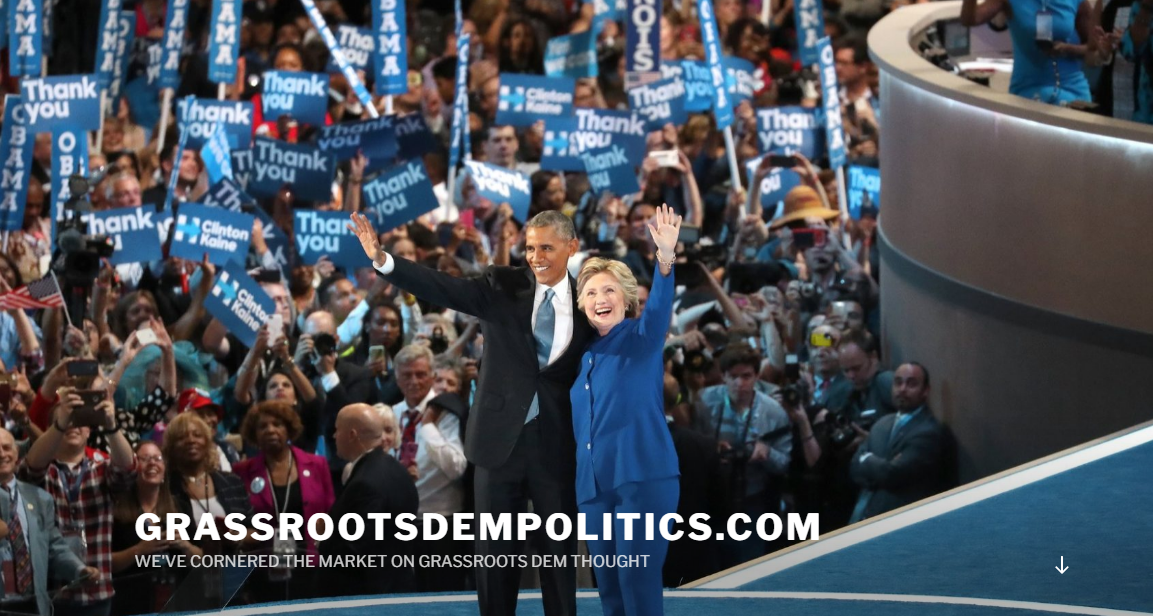Please consider $upporting GDPolitics by scanning the QR code below or clicking on this link

On the 11/12/25 edition of The Last Word with Lawrence O’Donnell, host Lawrence O’Donnell made a striking observation: current Vice President J.D. Vance’s near-silence on the swirling Jeffrey Epstein files scandal mirrors the posture then-Vice President Gerald Ford assumed as Richard Nixon’s presidency was collapsing under the weight of Watergate. O’Donnell pointed out that Ford, sensing the sinking of Nixon’s Presidency, deliberately kept his head down—he knew the ghosts of Nixon would dog his tenure if he didn’t distance himself.
By the same logic, O’Donnell argued, Vance appears to be doing exactly that: he knows the Epstein files may blow up and run Donald Trump out of office, and thus is doing everything he can to not get sucked into the scandal, to avoid becoming the next Ford.
As expected, social media erupted following O’Donnell’s segment. I posted a clip of the show, and to my surprise the reaction came from none other than the Vice President himself. That’s how provocative the comparison proved.
In his response, Vance strongly objected to O’Donnell’s suggestion that he was intentionally silent about the Epstein scandal. Vance pointed out that he had addressed the issue in prior TV appearances—citing his interview on Hannity scheduled for 11/13/25, which coincided with the date I posted the segment.
Interestingly, in that very 11/13/25 show O’Donnell claimed Vance had in fact ignored the Epstein issue entirely—and reaffirmed: “He’s still Gerald Ford.”
Now that the “Gerald Ford” comparison has caught Vance’s attention—and by implication, the President’s—it will be fascinating to watch how it plays out going forward.
